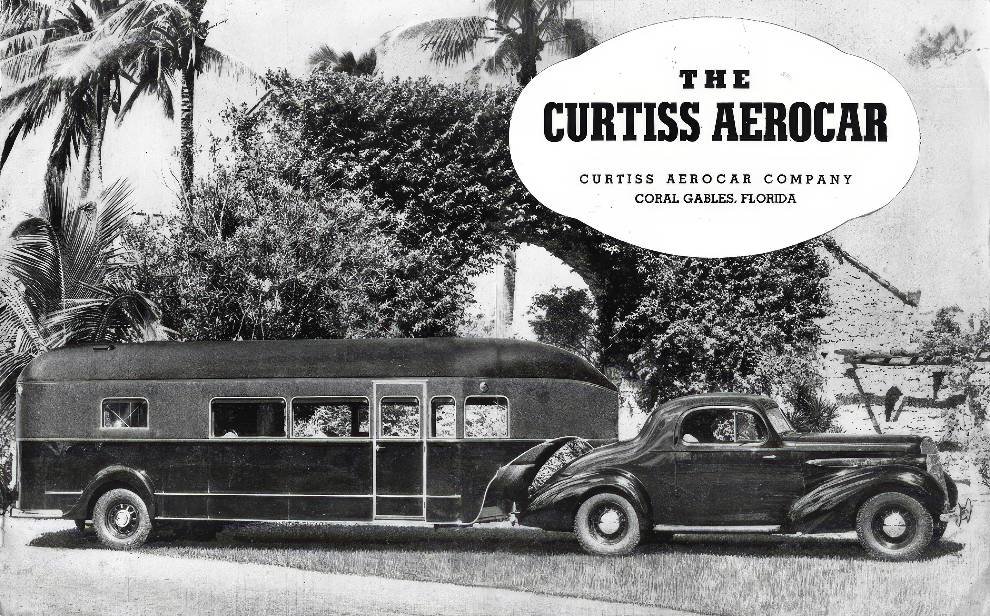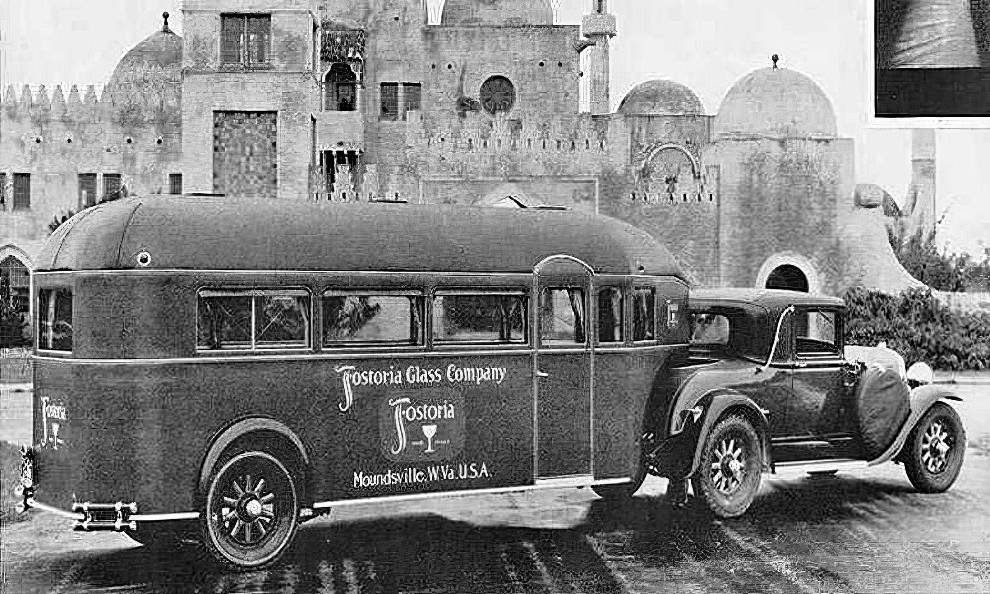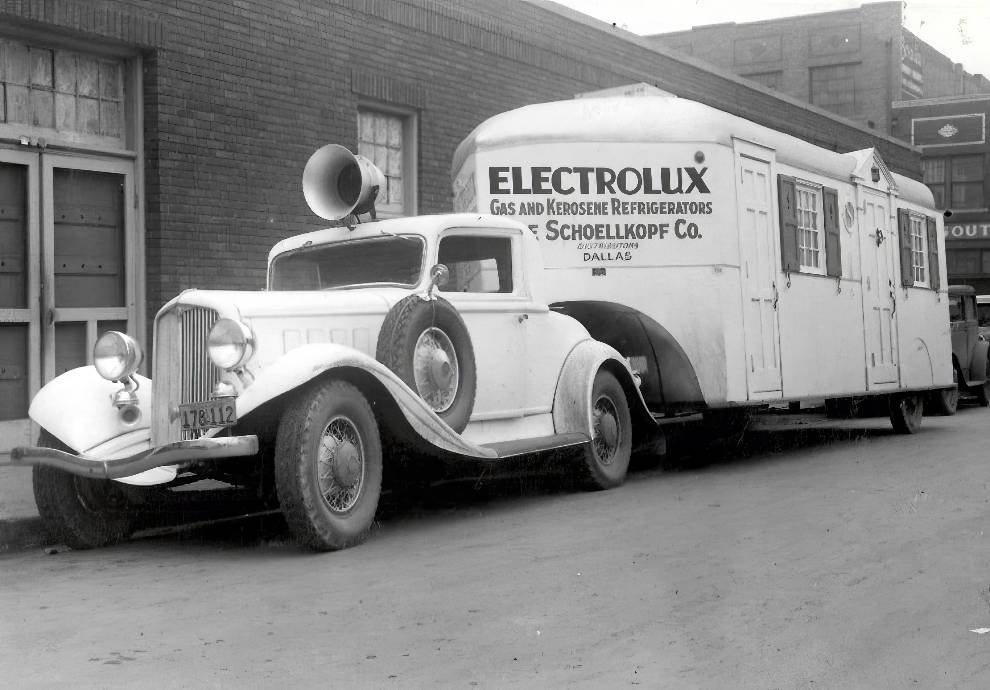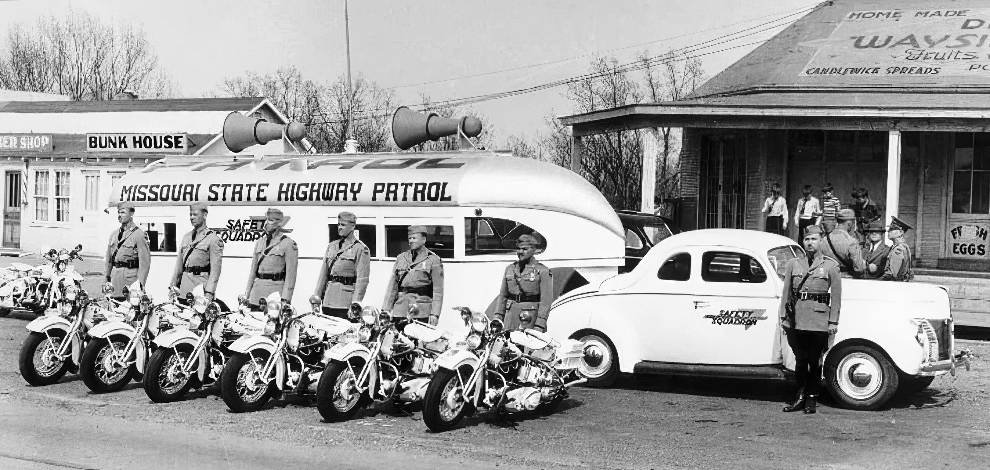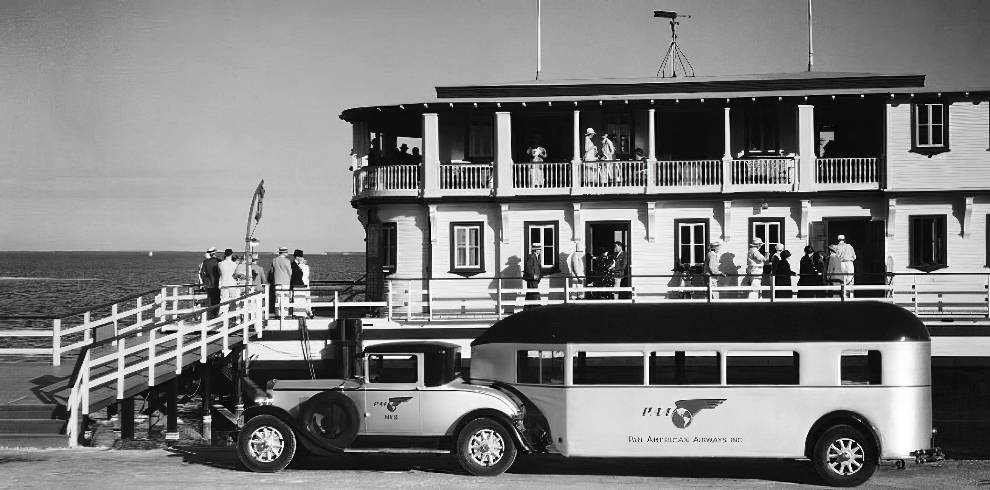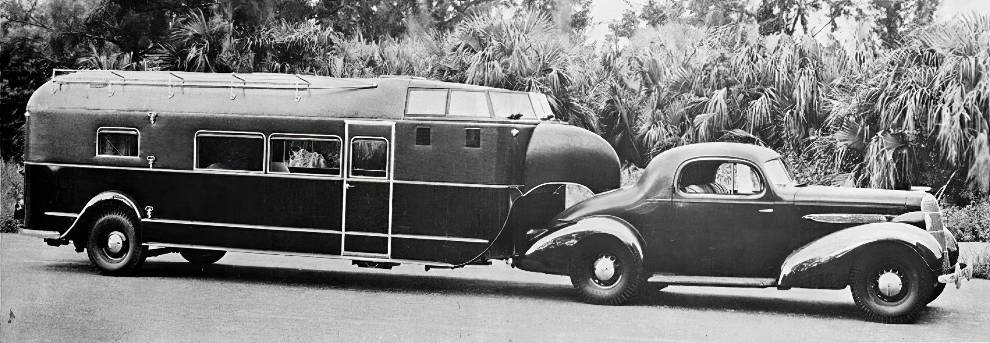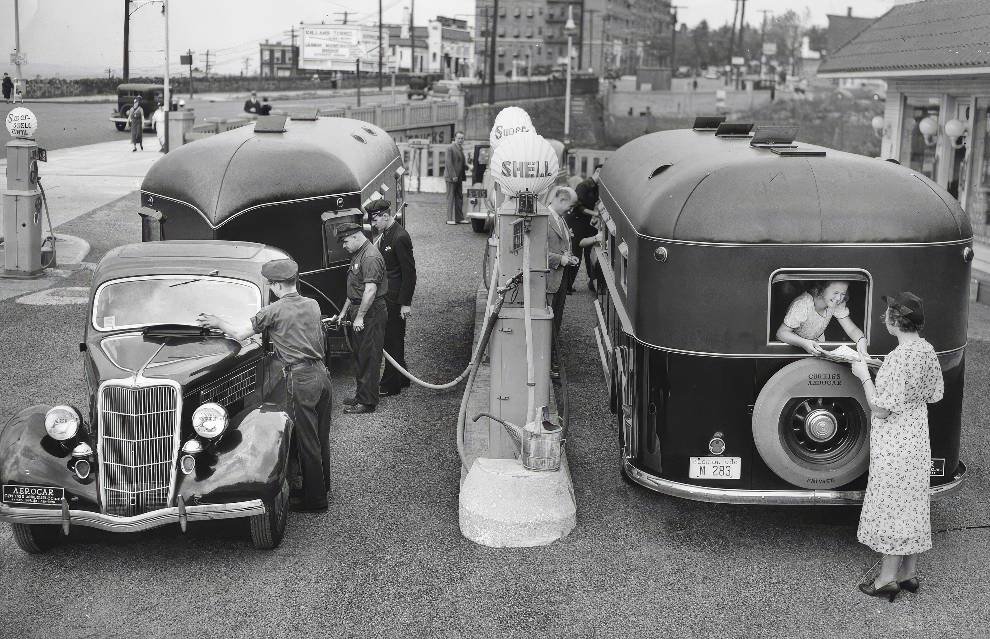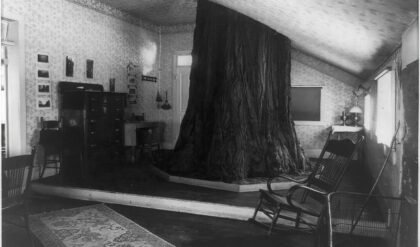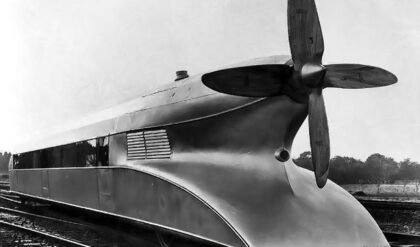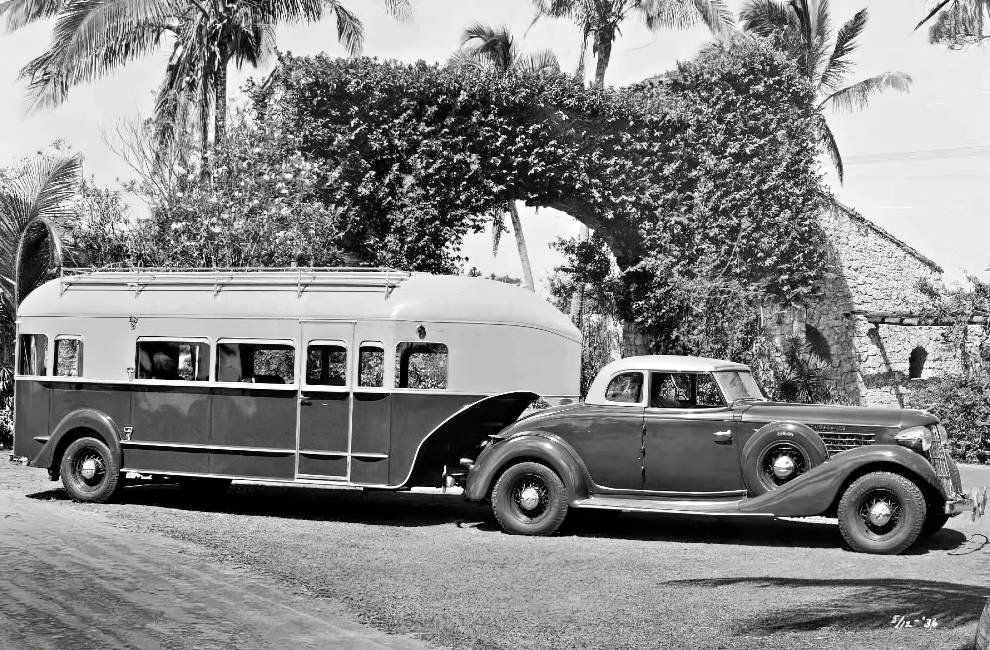
Glenn Curtiss, a visionary and outdoor enthusiast, embarked on a mission to revolutionize camping trailers in 1917. Fuelled by his passion for the great outdoors, he set out to design a more efficient and comfortable way to travel and enjoy nature. It was in 1919 that his half-brother, G. Carl Adams, took the reins and founded the Adams Trailer Corp. in Garden City, Long Island. Under his leadership, the company began producing trailers known as “Motor Bungalo,” marking a new era in camping and travel.
h/t: vintag.es
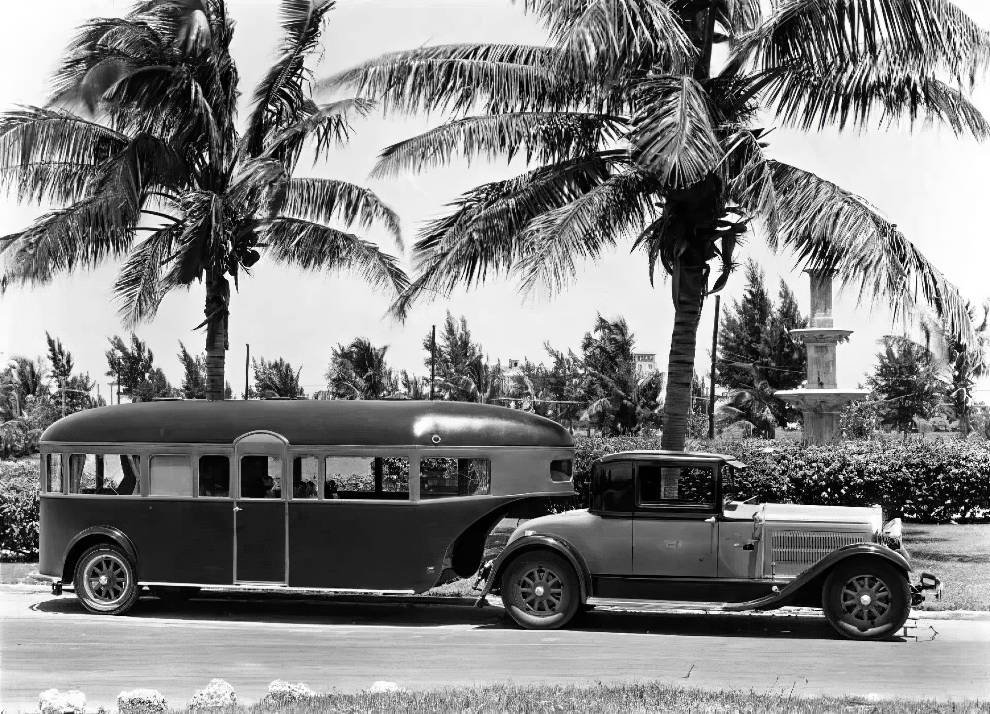
One of the key innovations that emerged from Curtiss’s work was the development of an improved fifth wheel, incorporating pneumatic technology to ensure a smoother ride. This innovation would go on to revolutionize the recreational and transportation industries, becoming a staple in modern trailers and RVs. Curtiss’s forward-thinking approach and commitment to enhancing the camping experience left a lasting impact on the industry.
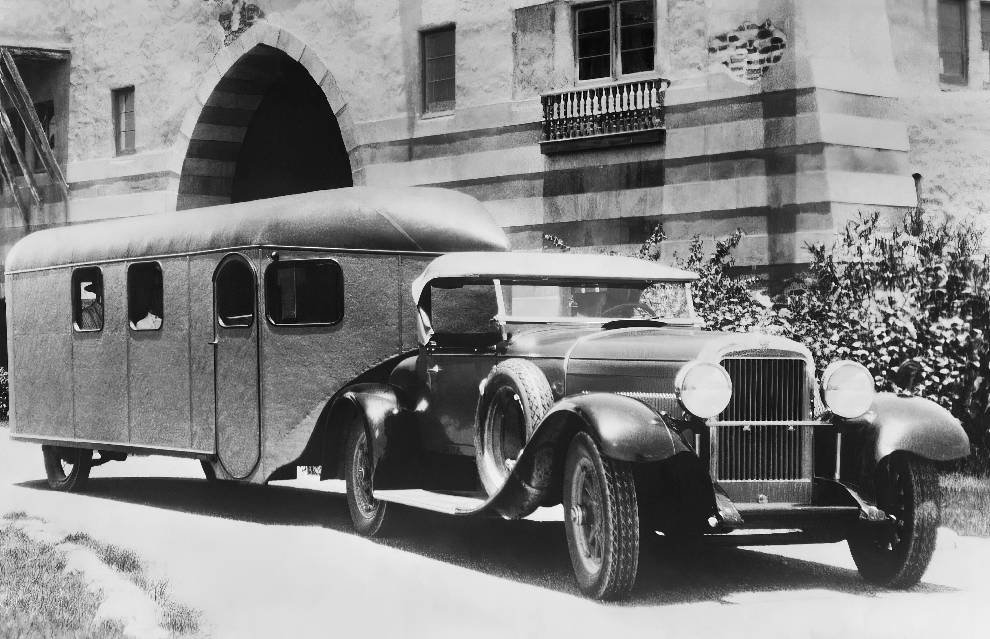
In 1928, the Aerocar was introduced, heralding a new era of luxury travel and accommodations. Produced in Long Island and Hammondsport, N.Y., and later in Opa-locka, Florida, these extravagant “Land Yachts” were custom-built for a variety of purposes. From serving as campers and buses to functioning as showrooms, offices, horse trailers, and even mobile zoos, the Aerocar was a versatile and luxurious mode of transportation.
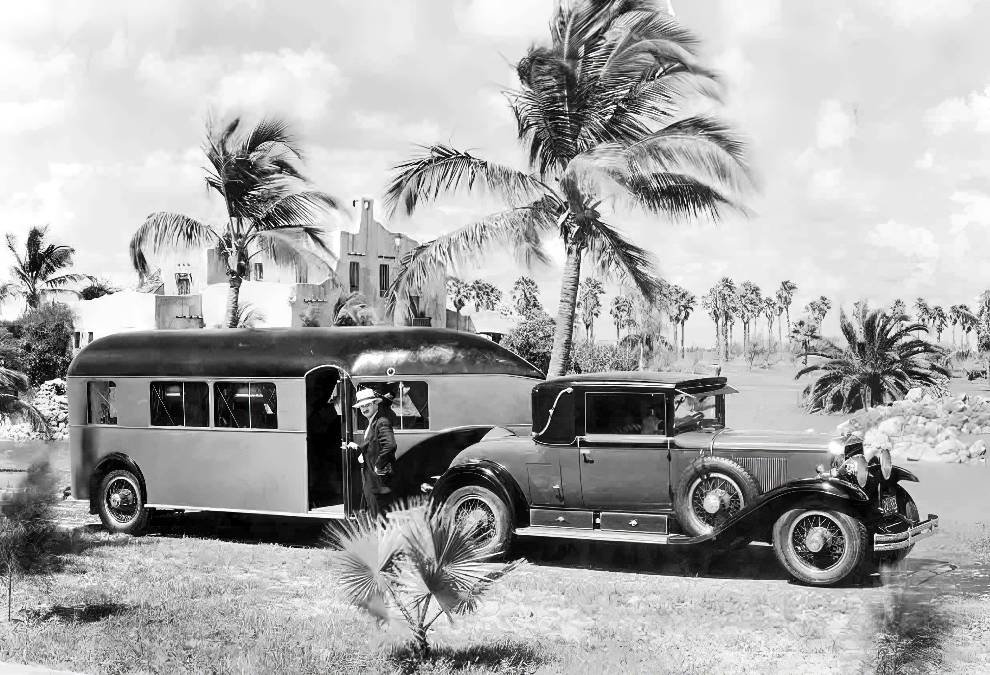
However, despite its initial success and popularity, the Aerocar faced challenges with high production costs and the economic downturn of the 1930s. As a result, only a limited number of these iconic vehicles were manufactured, with production coming to a halt in 1941. While the Aerocar may not be widely recognized today, its legacy lives on through Glenn Curtiss’s innovative fifth-wheel design, which continues to be a crucial component in modern trailers and RVs, ensuring a smooth and enjoyable travel experience for outdoor enthusiasts worldwide. The legacy of Glenn Curtiss and the Aerocar serves as a testament to the enduring impact of innovation and creativity in shaping the future of travel and recreation.
